Study Finds British Press ‘Systematically Undermined’ Progressive Labour Party Leader Jeremy Corbyn
In an analysis of nearly 500 articles on the recently elected U.K. Labour Party head, the Media Reform Coalition found that the majority of the pieces printed were " 'negative,' meaning they were openly hostile or expressed animosity or ridicule."
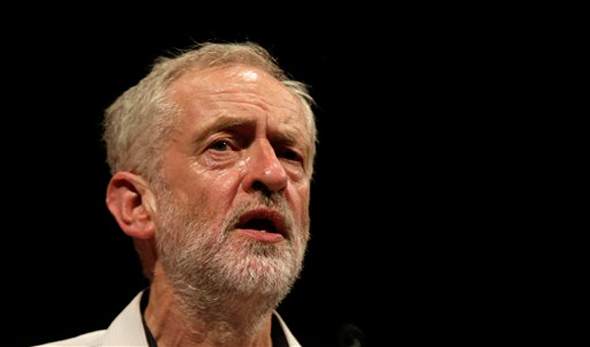
British Labour Party leader Jeremy Corbyn. (Alastair Grant / AP)
In an analysis of nearly 500 articles on the recently elected U.K. Labour Party head, the Media Reform Coalition found that the majority of the pieces printed were ” ‘negative,’ meaning they were openly hostile or expressed animosity or ridicule.”
From The Huffington Post UK:
Out of the 494 articles across the papers during Corbyn’s first seven days at leader, 60% (296 articles) were negative, with only 13% positive stories (65 articles) and 27% taking a “neutral” stance (133 articles), the report says.
The research, given exclusively to The Huffington Post UK, looked at news, comment and editorial leaders – and claims that “the press set out to systematically undermine Jeremy Corbyn during his first week as Labour Leader with a barrage of overwhelmingly negative coverage”. … In the days after he was selected, Corbyn was criticised for his controversial shadow cabinet appointments, policies that were at odds with the views of many of the party’s leading figures, his decision not to sing the national anthem and his poor relationship with the media after pulling out of an interview on the Andrew Marr show. … “One might expect news items, as opposed to comment and editorial pieces, to take a more balanced approach but in fact the opposite is true. A mere 6% of stories classed as news (19 out of 292) were positive, versus 61% negative stories and 32% taking a neutral stance.”
“This ‘default’ position is particularly significant given how these stories make up the bulk of the coverage during Corbyn’s first week”. … The research is part of the Media Reform Coalition’s project campaigning for a reduction in the monopoly of the UK’s media ownership, funded by the Joseph Rowntree Reform Trust.
“Newspapers have every right to take a partisan line in their reporting and freedom of the press is a key component of democratic societies,” the reports author Emily Seymour wrote, but she stressed their concern about the monopoly over ownership of UK newspapers, which they called “profoundly anti-democratic”. … “What concerns us, however, are the ownership structures underlying this degree of political intervention,” the report said. “The risk of undue influence on elected politicians is high, and it’s hard to see how democracy can flourish when the mass channels of debate are monopolised in the way that they are.”
Read more.
—Posted by Natasha Hakimi Zapata
Your support matters…Independent journalism is under threat and overshadowed by heavily funded mainstream media.
You can help level the playing field. Become a member.
Your tax-deductible contribution keeps us digging beneath the headlines to give you thought-provoking, investigative reporting and analysis that unearths what's really happening- without compromise.
Give today to support our courageous, independent journalists.
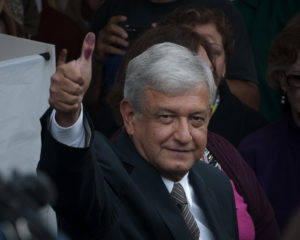

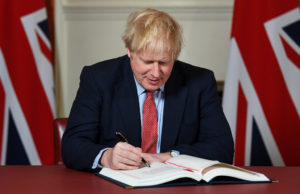
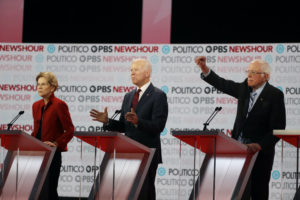
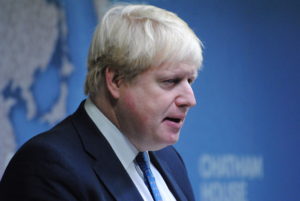
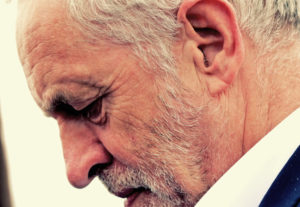
You need to be a supporter to comment.
There are currently no responses to this article.
Be the first to respond.